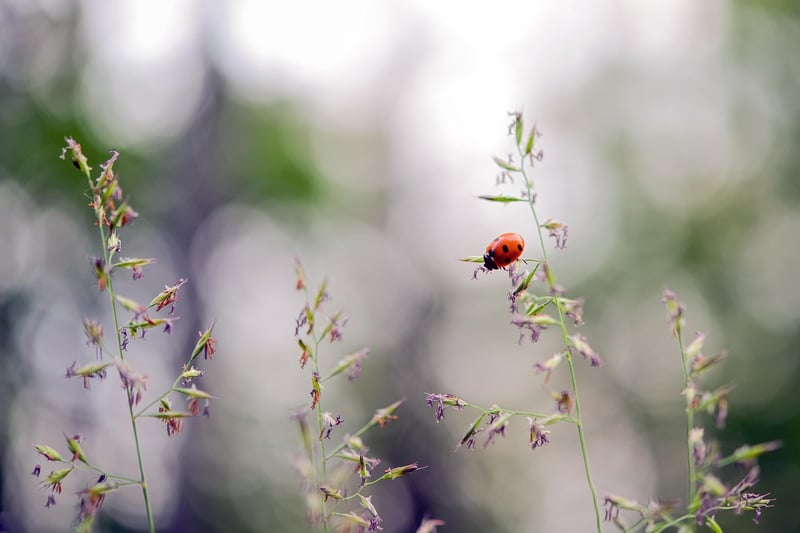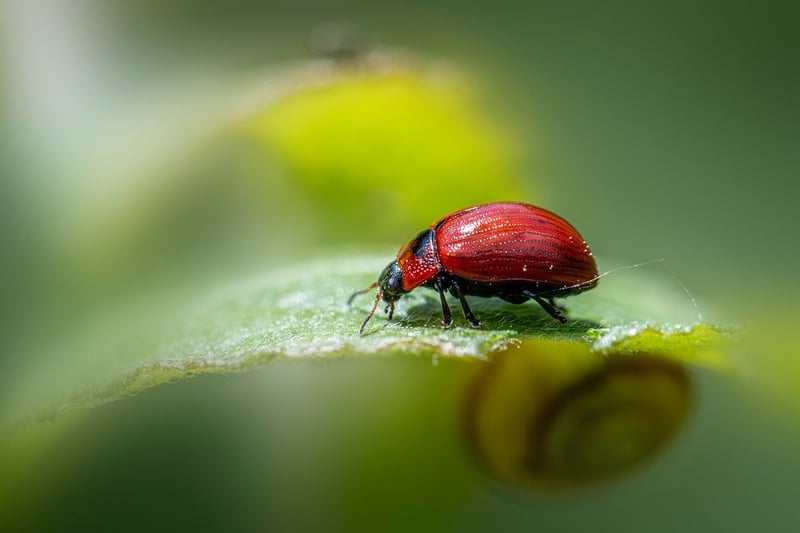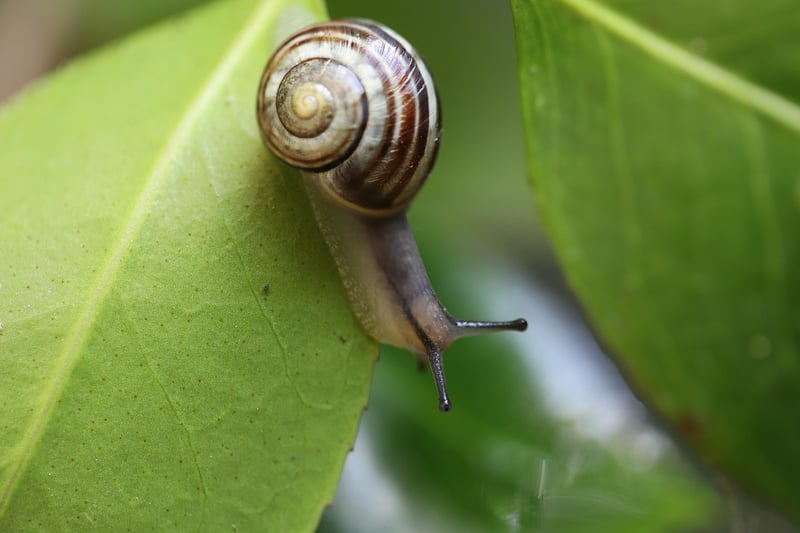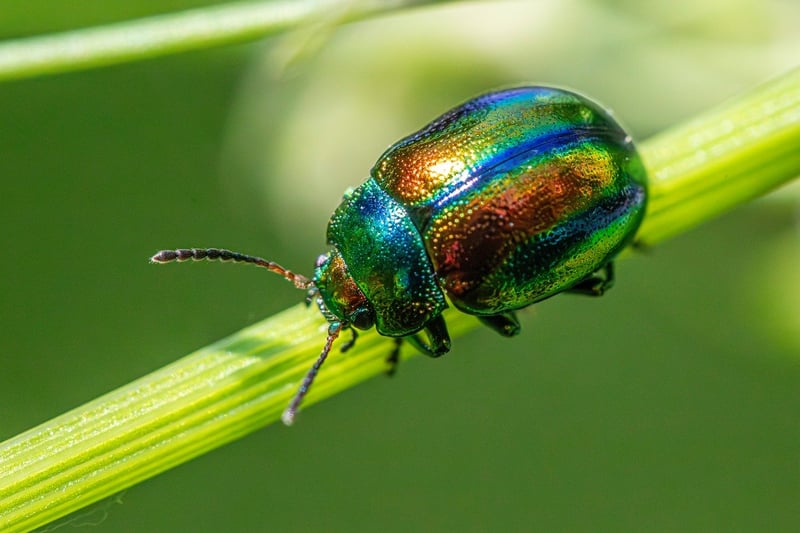Identifying Pests
Effective Strategies for Managing Garden Pests
Introduction
Gardening is a rewarding hobby, but dealing with pesky pests can be a challenge. However, with the right strategies, you can protect your plants and enjoy a thriving garden. In this guide, we will explore effective methods for managing garden pests and how to identify common pests.
1. Natural Predators
One of the most eco-friendly ways to control garden pests is by introducing natural predators. Ladybugs, lacewings, and praying mantises are beneficial insects that feed on common garden pests like aphids and caterpillars. Consider attracting these predators to your garden to help keep pest populations in check.
2. Neem Oil
Neem oil is a natural pesticide that is effective against a wide range of garden pests, including mites, aphids, and whiteflies. It works by disrupting the pests' hormonal balance and can be sprayed directly on plants. Neem oil is safe to use around pets and beneficial insects.
3. Companion Planting
Companion planting involves growing certain plants together to deter pests. For example, planting marigolds alongside tomatoes can help repel nematodes. Research companion planting combinations that work well for the plants in your garden to naturally reduce pest infestations.
4. Handpicking
Sometimes the best way to control pests is by handpicking them off your plants. This method is particularly effective for larger pests like caterpillars and beetles. Check your plants regularly and remove any pests you find to prevent damage.
Identifying Common Garden Pests
It's essential to be able to identify common garden pests to take the appropriate action. Here are some of the most common pests you may encounter:
- Aphids - Small, soft-bodied insects that feed on plant sap and can cause yellowing of leaves.
- Whiteflies - Tiny, white insects that congregate on the undersides of leaves and suck plant juices.
- Slugs and Snails - These slimy pests feed on young seedlings and can chew through leaves.
- Caterpillars - Larvae of butterflies and moths that eat leaves and can defoliate plants.
- Spider Mites - Tiny pests that suck sap from plants, causing leaves to stipple and turn yellow.
By familiarizing yourself with these common garden pests, you can quickly identify any infestations and take the necessary steps to control them.
Conclusion
Managing garden pests is an ongoing process that requires vigilance and the use of various control methods. By incorporating natural predators, using neem oil, practicing companion planting, and handpicking pests, you can protect your garden from damage and enjoy healthy, thriving plants.
Remember to regularly inspect your plants for signs of pests and take action promptly to prevent infestations from getting out of control.



Keep your garden healthy and pest-free by implementing these strategies and staying proactive in your pest management efforts.
